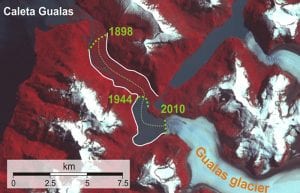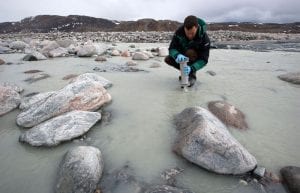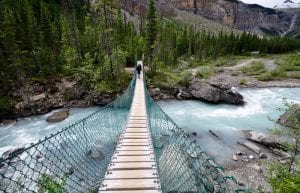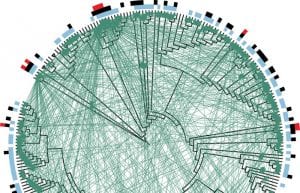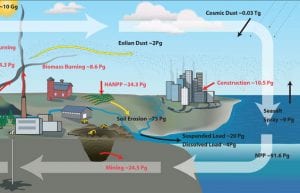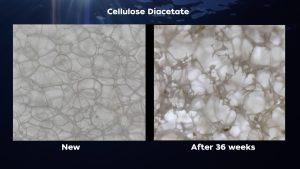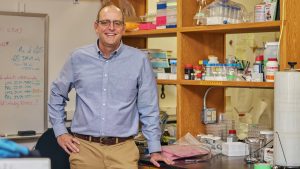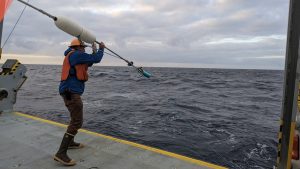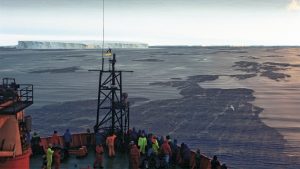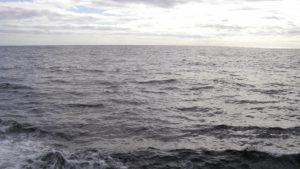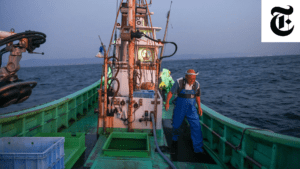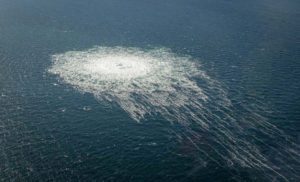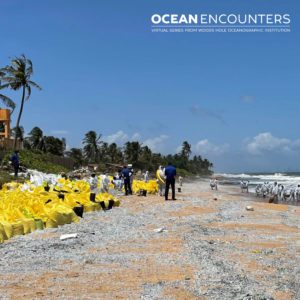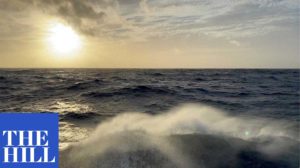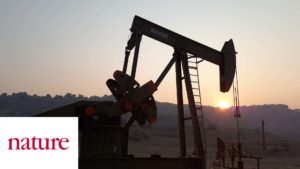Research Highlights
Oceanus Magazine
News Releases
A new version of CDA was found to be the fastest degrading bioplastic material tested in seawater and is a promising replacement for other long-lasting foam plastic materials.
Benjamin Van Mooy receives “genius grant” for his research on biogeochemical networks and the impacts of climate change on ocean health
A series of seemingly small processes helps carry carbon dioxide from the ocean’s surface to the deep sea, where it can be stored away for decades.
A newly published article spells out the work needed to assess the potential of ocean iron fertilization as a low cost, scalable, and rapidly deployable method of mCDR.
Change was made in response to changing ship availability and to resulting changes in ocean conditions later in the year
News & Insights
WHOI marine radiochemist Ken Buesseler weighs in on the discharge of wastewater from Fukushima
In case you missed it… From plastic to oil spills, experts discuss ways to control ocean pollution in our last Ocean Encounters
An op-ed in the national news outlet The Hill by WHOI senior scientist Ken Buesseler reinforces the power and importance of the ocean in carbon dioxide removal strategies

